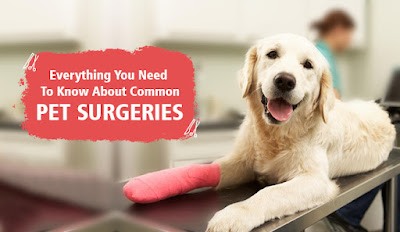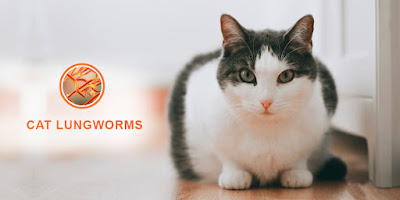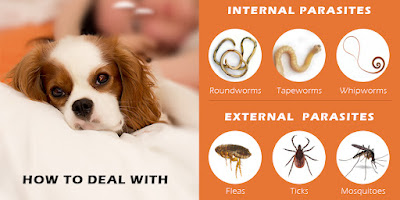If you believed that everything you heard about heartworms – your indoor pet will never get heartworm disease, it is easy to treat heartworm or heartworm disease does not occur in cats, dismiss it. Not all heartworm myths are correct, but facts often become distorted over time.
Animal myth busting experts help separate fact from fiction among these popular, long lasting heartworm beliefs.
Common Heartworm Myths Debunked
Only dogs can get heartworms.
Both dogs and cats can get heartworms. However, dogs are more susceptible to this disease compared to cats.
Heartworm can transmit easily in dogs.
Heartworm is contagious only through one way – by mosquito bite. This disease cannot be transmitted from one pet to another through any other medium without a mosquito bite between them – from a host to a victim.
Indoor pets are safe from heartworm disease.
Most studies show that indoor pets are also likely to get heartworm disease. Though pets may not go outdoors, mosquitoes are likely to charge into your homes quite easily, and just one bite is enough to do this big job.
Heartworm can be treated
Heartworm is a fatal disease and carries a much higher risk in treatment. Though heartworm disease is treated, it is quite costly and distressing leaving the pet in poor condition. The most effective and the safe way is to keep pets on prescription heartworm preventives, which is the best way to prevent the transmission and occurrence of the disease. Remember that it is only effective when given monthly year round without any gaps.
Pets are safe from heartworms during winters
The most common myth, which is the most fatal one for the furry pals. Normally, there is no off season where your pet is completely safe from heartworm disease. It is quite crucial to keep your pets on preventive products year round.
When your furry friend is not on the monthly HEARTWORM PREVENTIVE dose, they are most likely to be exposed to the risk of heartworm disease. Therefore, monthly heartworm prevention control is paramount to help protect your pet from this deadly disease. Numerous high quality effective topical and oral heartworm preventives are available in the market to specifically fit individual pet’s needs and protect them all year round.
If you are not sure about which preventive to pick according to your dog breed or size, contact us and we can help you. We can help you find the perfect product that can fit your pet’s lifestyle.
As you stock your pet essentials with bug sprays and other medications to save your pet from nasty flea bites or parasitic diseases, stock heartworm control products too to protect your pet from the deadly disease.








